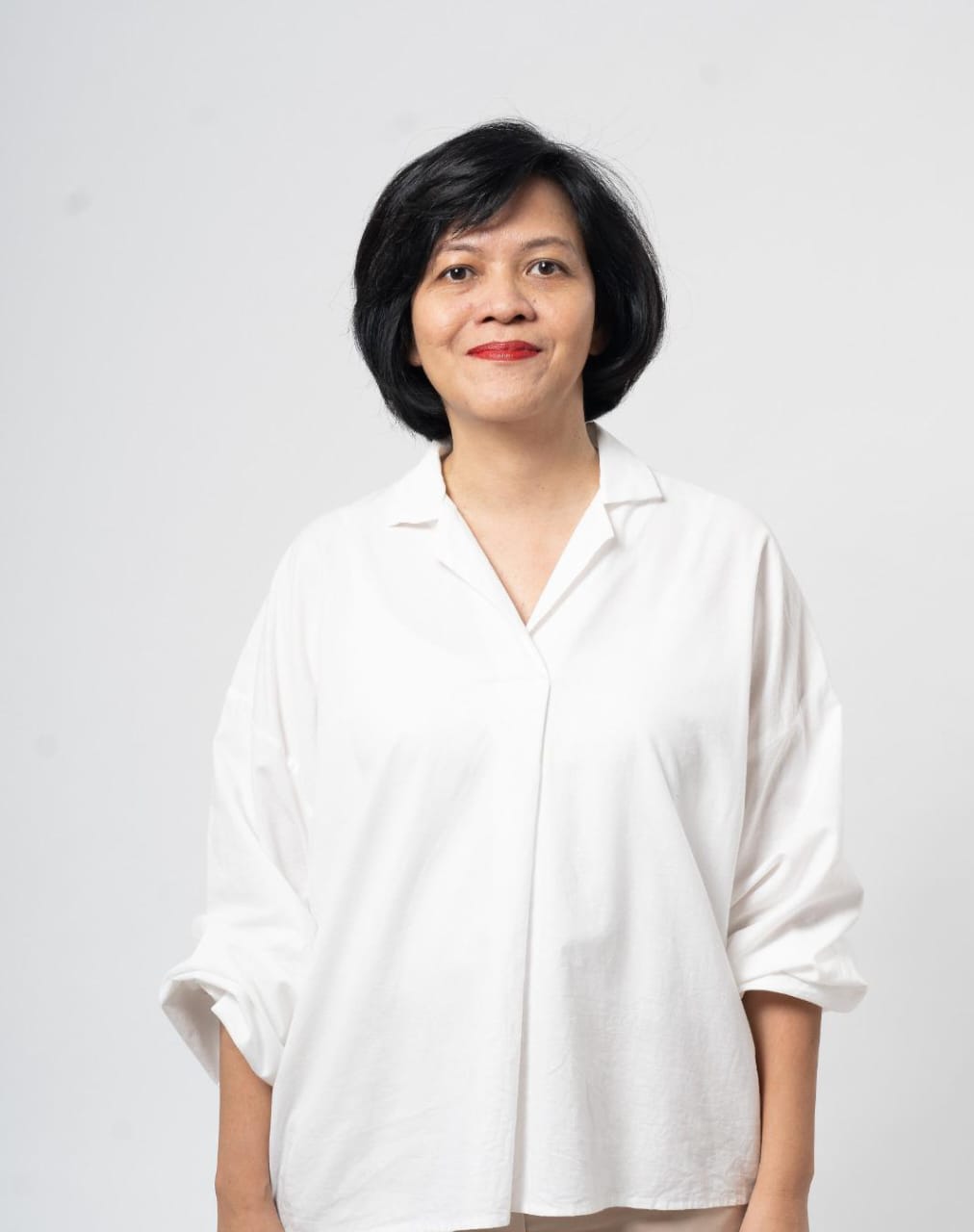Dean of the Faculty of Computer Science (Fasilkom) Universitas Indonesia (UI), Prof. Dr. Ir. Petrus Mursanto, M.Sc., was inaugurated as Permanent Professor in Digital Systems and Lab, Fasilkom UI, after presenting research entitled “Reconfigurable Computing as an Energy Efficiency Solution towards Sustainable Computing”. The inauguration procession was led by the Rector of UI, Prof. Ari Kuncoro, S.E., M.A., Ph.D, and was held on Wednesday (13/12), at the UI Convention Hall, Depok Campus.
According to Prof. Petrus, the digital evolution currently developing is the result of a series of innovations that have lasted for decades. A study shows that data centers around the world consumed about 205 terawatt hours (TWh) in 2018, which is equivalent to 7% of the world’s total electricity consumption or energy consumption by several small countries. The amount of power consumed is equivalent to carbon dioxide emissions of more than 100 million tons per year.
Exponential data growth—estimated to reach 175 Zettabytes by 2025—requires more computing resources and thus more energy. If this trend continues, energy consumption by information technology could triple in the next decade. Therefore, the revolution in computing speed and performance brought by parallel computing requires more innovative solutions with an environmentally friendly approach.
Prof. Petrus sees that Reconfigurable Computing (RC) can be a solution to answer these problems. RC is a computing paradigm that allows the hardware architecture to be dynamically reconfigured to perform algorithms more efficiently compared to general processors. This approach allows more optimal computing resources and more efficient energy use.
There are several methods for reconfigurable computing processes. Complex Programmable Logic Device (CPLD) is suitable for applications with simpler logic requirements and a large number of I/O. Meanwhile, Field-Programmable Gate Array (FPGA) is very effective for more complex designs, which require high flexibility and parallel performance. Numerous experiments show FPGAs are superior in energy efficiency and performance compared to CPUs and GPUs.
FPGA as a form of RC is an important solution in facing sustainability challenges, especially in reducing energy consumption in the digital era. The information technology industry, which is responsible for 7% of total global electricity consumption, requires innovations such as RC for more efficient energy consumption. With predicted RC market growth of around 9% per year until 2030, this technology plays an important role in supporting Sustainable Development Goals (SDGs), especially in terms of access to affordable and clean energy.
Prof. Petrus said the implementation of RC in Indonesia provides a unique opportunity to advance computing capacity while minimizing environmental impacts. Collaboration between universities, industry, and government can strengthen the ecosystem that supports RC adoption. This is in line with green computing principles and is an important step towards a sustainable future. “Through a spirit of innovation and commitment to sustainability, the future of technology in Indonesia must be built not only on progress, but also on global efforts to create a greener and more sustainable future,” he said.
Before researching the role of Reconfigurable Computing in green energy, Prof. Petrus has also done a lot of other research. Some of them are In-TFK: A Scalable Traditional Food Knowledge Platform, A New Traditional Food Dataset, Platform, and Multi-process Inference Service (2023); Dynamic Texture Analysis Using Temporal Gray Scale Pattern Image for Water Surface Velocity Measurement (2023); and Galois Field Transformation Effect on Space-Time-Volume Velocimetry Method for Water Surface Velocity Video Analysis (2023).
Prof. Petrus graduated from Electrical Engineering (1992) and completed the Professional Engineer Program (2023) at the UI Faculty of Engineering. He received a Master of Science degree from the Department of Computer Science, University of Auckland, New Zealand, in 1999 and obtained a Doctorate in Computer Science from Fasilkom UI in 2007. Apart from serving as Dean of Fasilkom UI, he is also active in several scientific organizations, such as the Institute of Electrical and Electronics Engineers (IEEE), Association of Computing Machinery (ACM), Indonesian Engineers Association (PII), Association of Informatics and Computer Higher Education (Aptikom), and Indonesian Informatics Experts Association (IAII).
Prof. Petrus’ inauguration procession was also attended by the Coordinator of the National Narcotics Agency Expert Group, Commissioner General of Police (Pur) Drs. Ahwil Luthan S.H., M.B.A., M.M.; Chair of the Center of Excellence Science & Technology, Dian Nuswantoro University, Prof. Dr. Zainal Arifin Hasibuan; Professor at Binus University, Prof. Dr. Ir. Meyliana and Prof. Dr. Muhammad Zarlis; Professor at the National Research and Innovation Agency, Prof. Dr. Ir. Wijonarko Census; and Dean of the School of Electrical and Informatics Engineering, Bandung Institute of Technology, Dr. Tutun Juhana.



